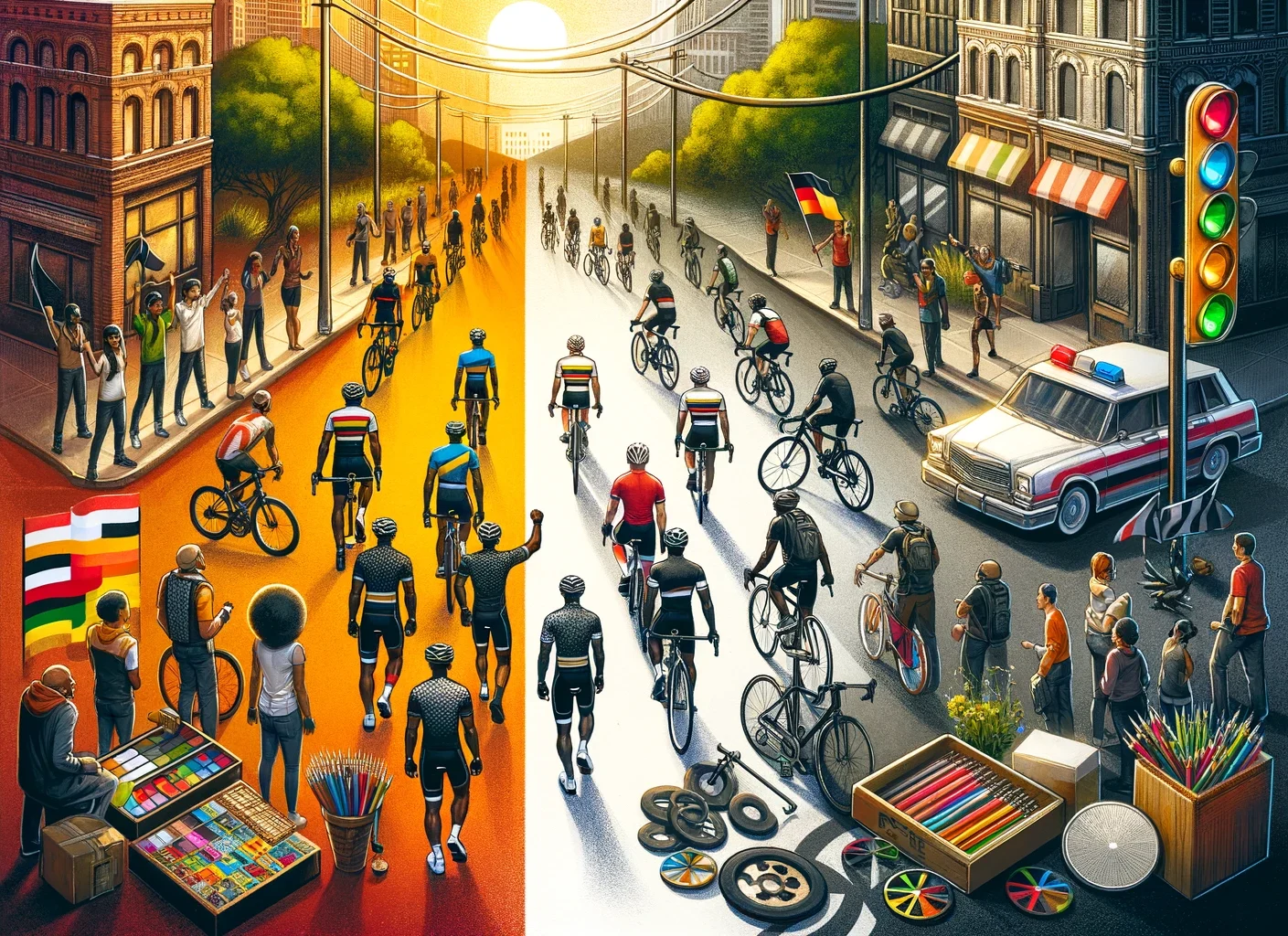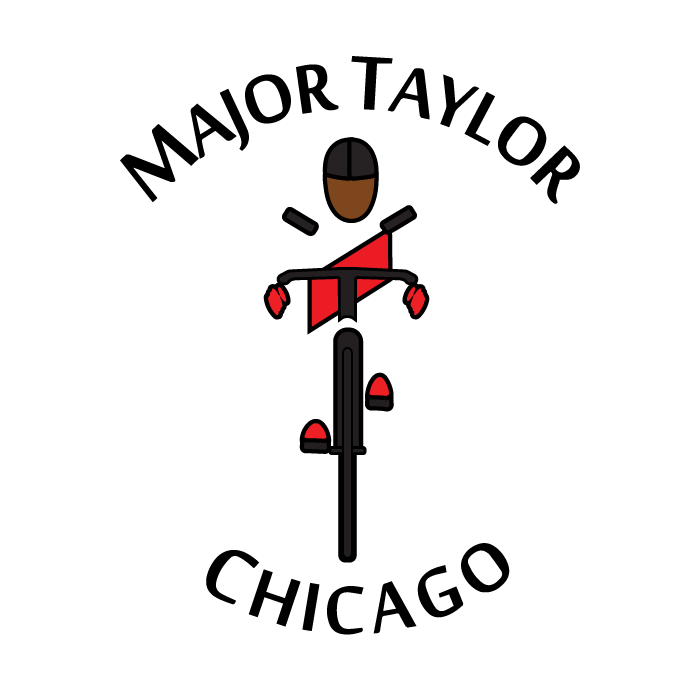Your cart is currently empty!

How are black cycling clubs different than white cycling clubs?
—
by
As the president of a cycling club, I’ve observed that while all cycling clubs share a passion for the sport, there are nuanced differences between black and white clubs that are rooted in cultural, historical, and social factors.
- Cultural Resonance: In our club, we often integrate aspects of African American culture into our rides and events. This might include music that resonates with our members or incorporating cultural traditions. It creates a unique vibe and social atmosphere that’s distinctly different from what I’ve experienced in predominantly white clubs.
- Focused Community Outreach: We’re deeply involved in our local community, particularly focusing on addressing health disparities in minority communities and promoting cycling as a healthy lifestyle choice. This community engagement is a significant part of our identity.
- Visibility and Representation: As a black cycling club, we provide a sense of representation that’s crucial. We’ve created a space where black cyclists can feel seen and heard, which is empowering in an environment where we have often felt underrepresented.
- Sharing Our Stories: Our club meetings often turn into spaces where members share their experiences related to race and cycling. It’s a supportive community where we connect over common challenges and celebrate our triumphs.
- Advocacy for Equality: We prioritize advocacy efforts that address racial inequalities within the cycling world. We’re not just about riding; we’re about making a statement and promoting diversity and inclusion.
- Cultural Sensitivity and Awareness: There’s a heightened sense of cultural awareness and understanding within our club. We’re not just cycling enthusiasts; we’re advocates for a more inclusive and diverse cycling community.
- Social Connections: The camaraderie in our club is tied not just to our love for cycling but also to shared cultural references. It creates a bond that’s unique and deeply rooted in our shared heritage.
- History and Legacy: Black cycling clubs often honor the history and legacy of African American cyclists who have broken barriers in the sport, such as Major Taylor, the namesake for our club Major Taylor Chicago. This historical awareness plays a significant part in our club’s identity.
In Major Taylor Chicago, we ride not just as a club, but as a tribute to the great individuals, past, present, and future, who have shaped the landscape of cycling. Our wheels spin in harmony with the legacy of Major Taylor, echoing the resilience and spirit of pioneers like Nelson Vails, Ayesha McGowan, Rahsaan Bahati, and many others. We ride to honor their journeys, to celebrate the rich tapestry of experiences they represent, and to forge a path forward for those who will one day follow in our tire tracks. Each pedal stroke is a nod to their struggles and triumphs, a recognition of the cultural richness they bring to the sport, and a commitment to continue their work of fostering diversity and inclusivity in the cycling community. In riding, we pay homage to these icons, ensuring their stories are not just remembered, but actively shape the future of cycling
